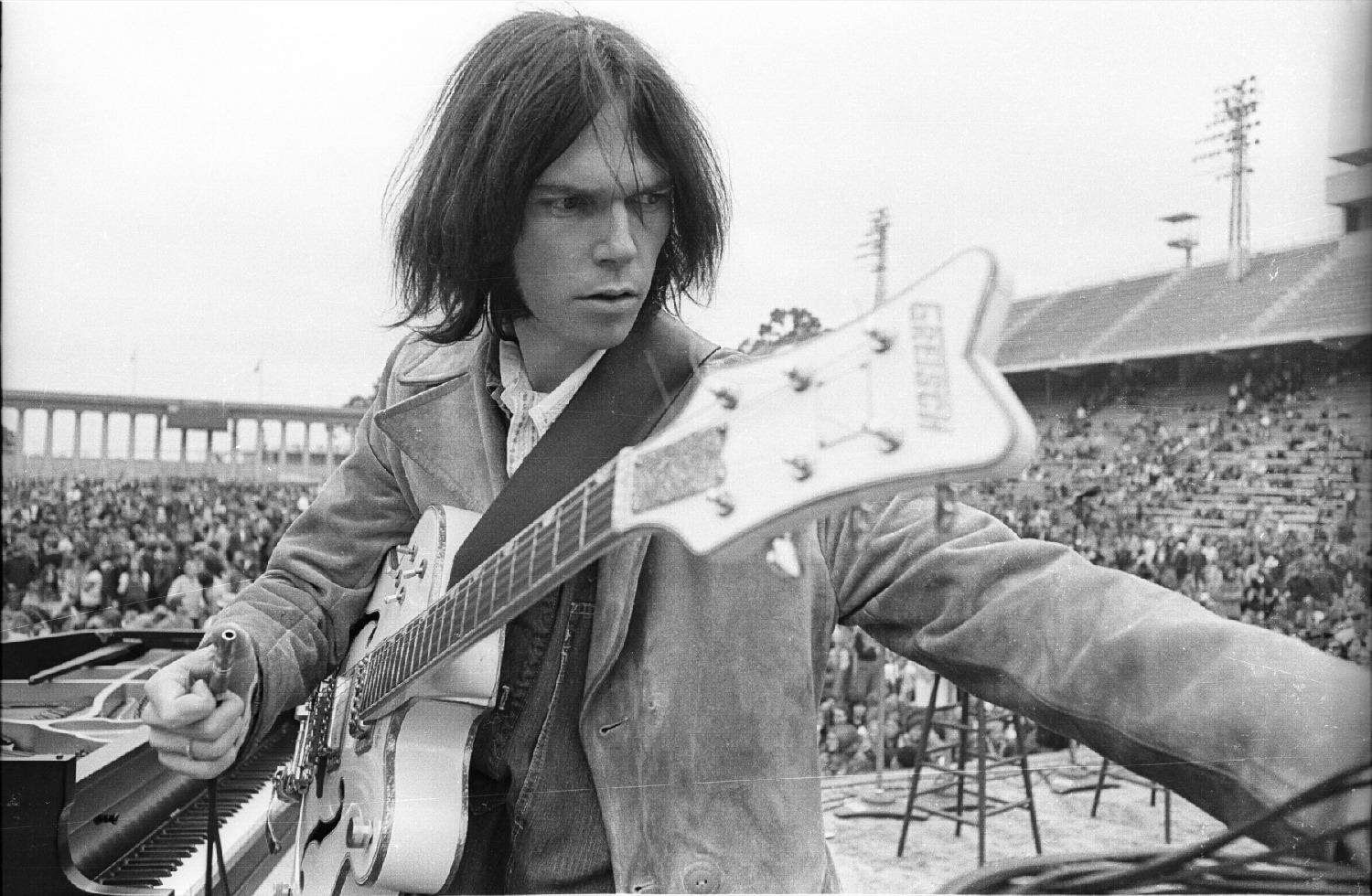Neil Young, a name synonymous with rock music, has been captivating audiences for over five decades. His unique voice, poignant lyrics, and distinctive guitar work have made him a pivotal figure in the music industry. With a career that spans multiple genres, including rock, folk, and country, Neil Young continues to influence generations of musicians and fans alike. His artistic integrity and commitment to social causes have cemented his status as a revered icon.
Born in Toronto, Canada, Neil's musical journey began at a young age, setting the stage for a career marked by innovation and authenticity. As a prolific songwriter, he has produced an extensive catalog of unforgettable songs that resonate with listeners on a personal level. Whether he is addressing social injustices or reflecting on the human experience, Neil Young's music transcends time and place.
As we delve deeper into the life and career of Neil Young, we will explore his biography, musical evolution, and lasting impact on the world of music. From his early days with Buffalo Springfield to his solo career and collaborations, Neil's journey is a testament to his enduring passion for music.
What is Neil Young's Biography?
Neil Young was born on November 12, 1945, in Toronto, Ontario, Canada. He moved to the United States in the 1960s, where he quickly made a name for himself in the burgeoning music scene. Here is a brief overview of his personal details and biography:
| Detail | Information |
|---|---|
| Full Name | Neil Percival Young |
| Date of Birth | November 12, 1945 |
| Place of Birth | Toronto, Ontario, Canada |
| Genres | Rock, Folk, Country |
| Instruments | Guitar, Piano, Vocals |
| Active Years | 1960s – Present |
| Labels | Reprise, Geffen, Warner Bros. |
| Notable Bands | Buffalo Springfield, Crazy Horse, CSNY |
How Did Neil Young Start His Music Career?
Neil Young's music career took off in the mid-1960s when he joined the band Buffalo Springfield, which became famous for their hit song "For What It's Worth." This song, which addressed the social unrest of the time, showcased Neil's ability to weave meaningful messages into his music. After the band disbanded, he launched a solo career, releasing his self-titled debut album in 1968.
Throughout his career, Neil Young experimented with different styles and genres, often blending rock with folk and country influences. His collaborations with legendary artists such as Stephen Stills, Graham Nash, and David Crosby led to the formation of Crosby, Stills, Nash & Young, further expanding his musical repertoire.
What Are Some of Neil Young's Most Iconic Albums?
Neil Young has released numerous critically acclaimed albums over the years. Some of his most iconic works include:
- Harvest (1972) - This album features the timeless classic "Heart of Gold," which became one of his signature songs.
- After the Gold Rush (1970) - A collection of poignant songs that delve into themes of love, loss, and the passage of time.
- Rust Never Sleeps (1979) - A blend of acoustic and electric performances that highlight Neil's versatility as an artist.
- Freedom (1989) - Marking a return to form, this album includes the hit single "Rockin' in the Free World."
What Makes Neil Young's Music Unique?
Neil Young's music stands out for several reasons:
- Authenticity: Neil has always stayed true to his artistic vision, often eschewing commercial pressures in favor of creative expression.
- Lyricism: His lyrics often explore complex themes, including social justice, personal introspection, and environmental concerns.
- Innovative Sound: Neil's willingness to experiment with different sounds and styles sets him apart from many of his contemporaries.
- Emotional Depth: His ability to convey raw emotion through his music resonates deeply with audiences.
How Has Neil Young Influenced Other Artists?
Neil Young's impact on the music industry is immeasurable. His unique blend of rock, folk, and country has inspired countless artists across various genres. Musicians such as Pearl Jam, Radiohead, and Wilco have cited Neil as a significant influence on their work. His fearless approach to songwriting and performance has encouraged emerging artists to embrace their individuality and authenticity.
What Are Neil Young's Contributions to Social Causes?
In addition to his musical achievements, Neil Young is also known for his activism. He has been a vocal advocate for various social and environmental issues, including:
- Environmental Protection: Neil founded the organization "Farm Aid" to support family farmers and promote sustainable agriculture.
- Indigenous Rights: He has consistently supported indigenous communities and their rights, particularly regarding land and resource protection.
- Advocacy for Music Rights: Neil has been an outspoken critic of digital music platforms and their impact on artists' rights and earnings.
What is the Legacy of Neil Young?
The legacy of Neil Young is one of innovation, authenticity, and social consciousness. His music continues to resonate with listeners, and his influence on other artists is profound. As he continues to create and perform, Neil Young remains a vital force in the music industry, inspiring new generations to explore the power of music and its ability to effect change.
Conclusion: Why Should We Celebrate Neil Young?
Neil Young's contributions to music and society are significant and deserving of celebration. His ability to connect with audiences through powerful storytelling and emotional depth has solidified his place as a timeless legend in the world of rock and folk music. As we reflect on his incredible journey, it becomes clear that Neil Young is not just an artist; he is a cultural icon whose impact will be felt for years to come.
Trump Antichrist: The Intriguing Debate Surrounding A Controversial Figure
Unraveling The Mystery Behind The Odisha Girl Viral MMS
Bolly4u.org: Your Gateway To Hollywood In Hindi


